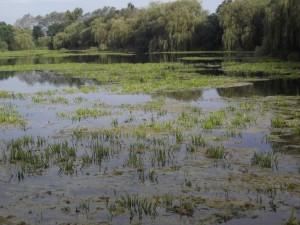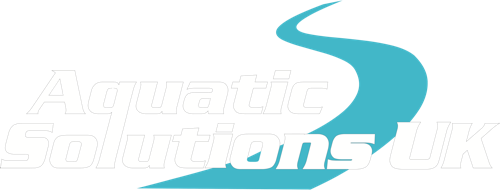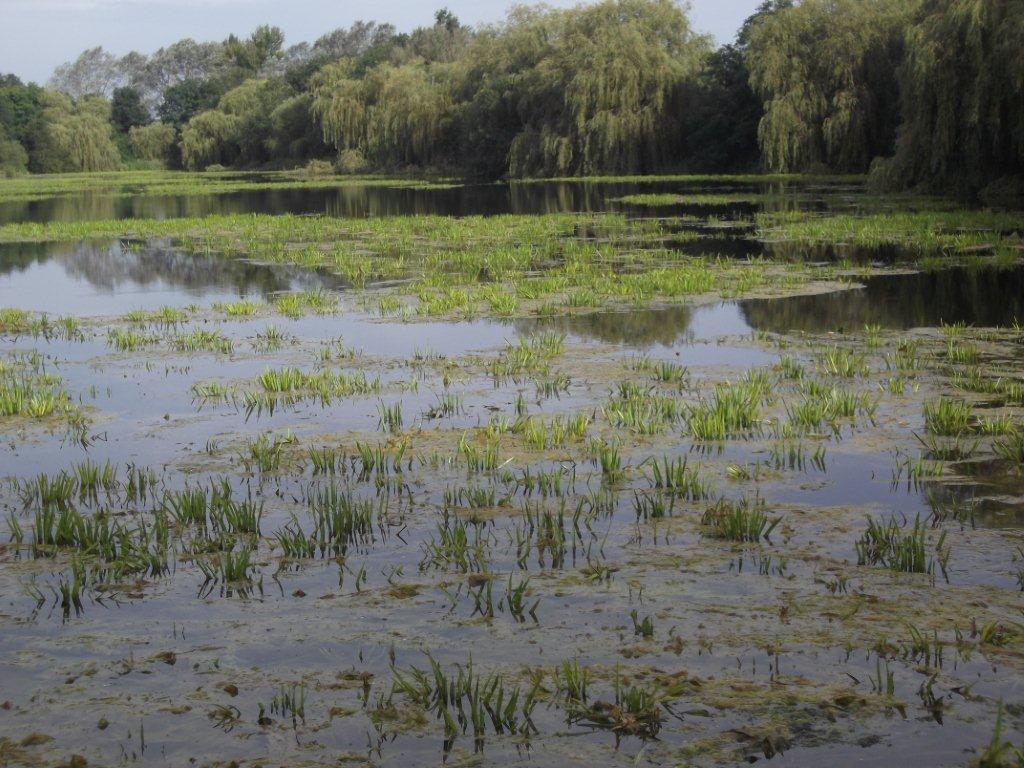 Despite the coolest of starts to this summer, aquatic plants are making a valiant effort to grow both on the banks of lakes, ponds and rivers and in the water itself. These plants play a vital role in aquatic ecosystems – producing oxygen, absorbing nutrients, stabilising river banks, providing food and cover for fish, invertebrates and wildlife, and improving water quality.
Despite the coolest of starts to this summer, aquatic plants are making a valiant effort to grow both on the banks of lakes, ponds and rivers and in the water itself. These plants play a vital role in aquatic ecosystems – producing oxygen, absorbing nutrients, stabilising river banks, providing food and cover for fish, invertebrates and wildlife, and improving water quality.
Aquatic plants have special adaptations for living submerged in water, or at the water’s surface. However, if left for nature to take its course some of the more invasive species of aquatic plant can thrive rather too well and take over an area of water, eventually having a detrimental effect on the surrounding environment, causing some of the following problems:
- Increase the risk of flooding/water logging even when weed has appeared to die back
- Silting up of watercourse impeding flow and increasing the need for dredging
- Invasive weeds interfere with boats, fishing and other forms of recreational activity
- Detached weeds and algae float downstream blocking pumps, sluices and filters
- Some weeds deoxygenate water killing fish, aquatic animals and cause serious odours
- Rapid growth of aquatic weeds suppresses other species of aquatic plants
In order to get the best from your lake pond or waterway whether it be financially, (e.g. fisheries etc), aesthetically or environmentally an ongoing schedule of maintenance is required.
Identifying the aquatic plant causing problems is the first step as different species need handling in different ways. For example Canadian Pondweed will require careful cutting once or maybe twice a year, whereas if bulrushes have taken over an area, they will need removing by the roots to help slow down regrowth.
Extra care is required when dealing with removed material, and particularly so if dealing with an invasive non-native species, such as, Australian Swamp-stonecrop, Parrot’s Feather, Floating Pennywort (link) or Water Primrose – high on the “most wanted list” of the Environment Agency!
If you are experiencing problems with any aquatic plants, and wish to accurately identify and remove it, we can help.
For an informal conversation to discuss any invasive aquatic plant call us on 01788 810614, or complete the form below.
Error: Contact form not found.

